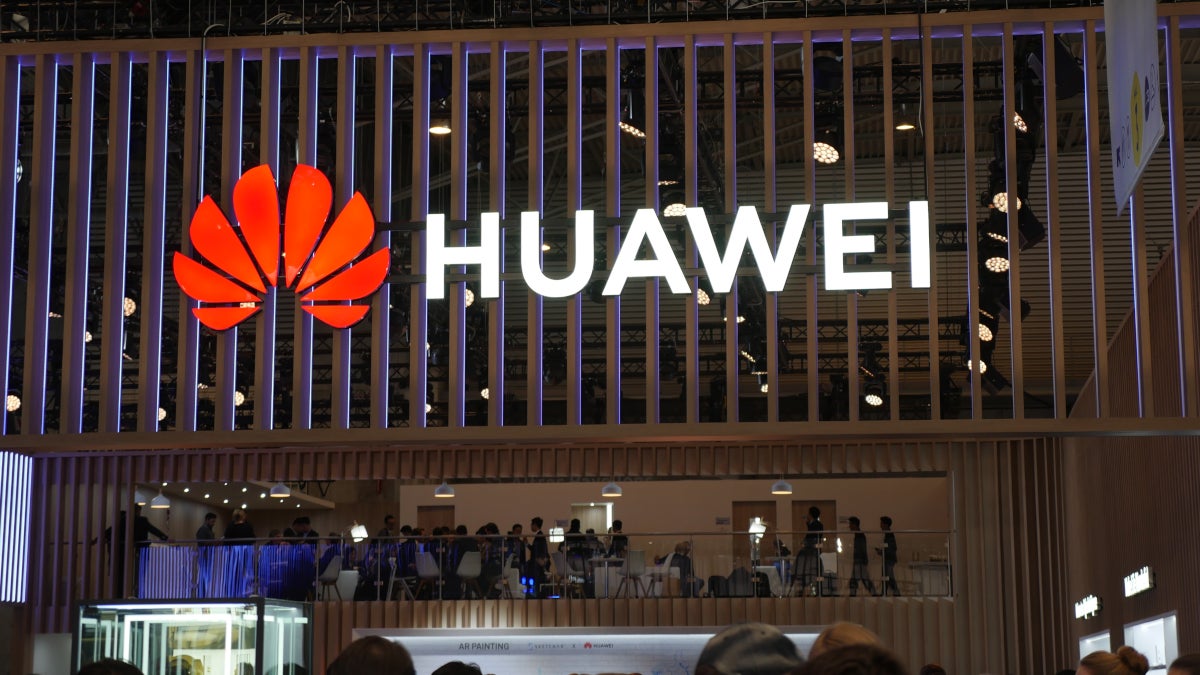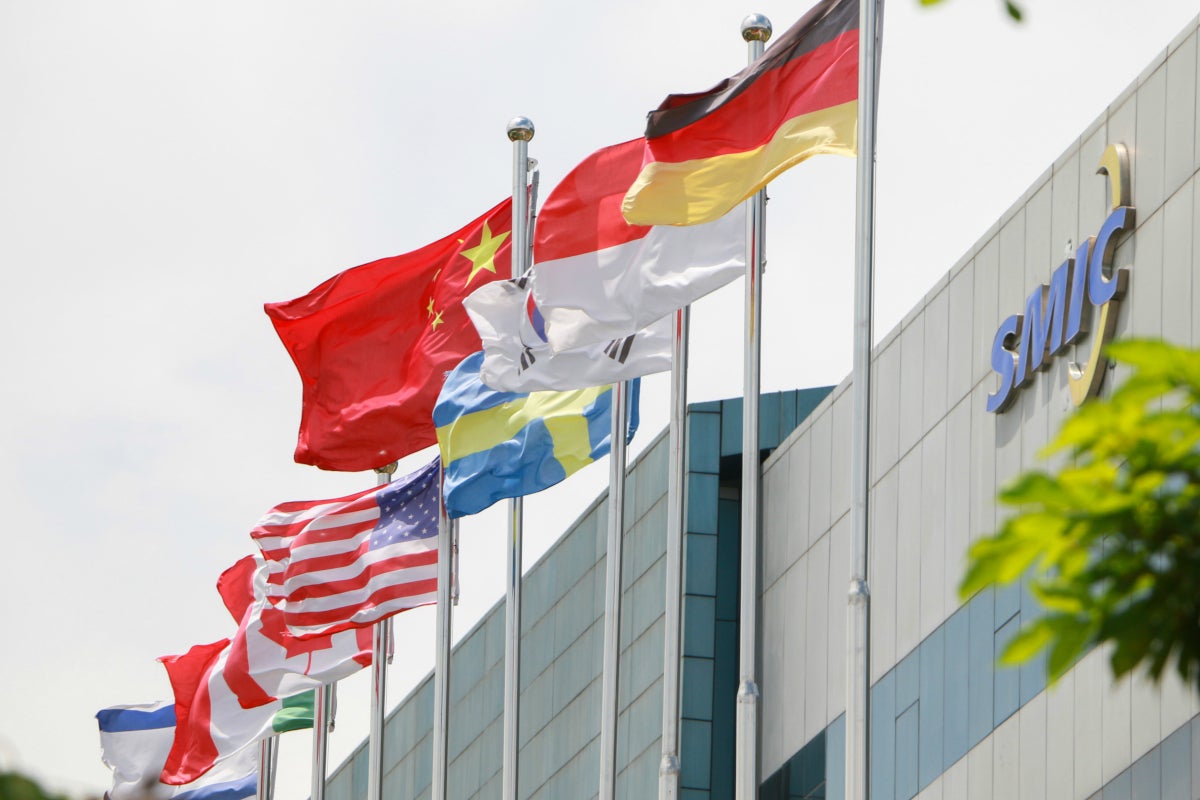Worried about Donald Trump, Huawei starts moving chip production away from TSMC

Like Apple and Qualcomm, Huawei's Hi Silicon unit designs chips but does not have the facilities to actually manufacture them. All three of these big tech firms rely on Taiwan Semiconductor Manufacturing Company (TSMC), the world's largest independent foundry, to manufacture their chips. But for Huawei, there could be a problem on the way. Considered a national security threat because of its perceived ties with the communist Chinese government, since last May Huawei has been on the Commerce Department's entity list. This means that it cannot access any of its U.S. supply chain, including Google.
Unable to license Google Mobile Services, Huawei's latest phones have been unable to run Google's core Android apps such as the Play Store, Gmail, Search, Maps, Drive and more. That doesn't matter much inside China where most Google apps are banned anyway but it does impact sales of its international units. To fight back, Huawei's new flagship P40 line uses Huawei Mobile Services which includes the manufacturer's own AppGallery storefront.
U.S. government debates whether to squeeze Huawei when it comes to chip production
Despite the ban, Huawei still managed to grow handset shipments and it delivered approximately 240 million units last year to surpass Apple and become the second-largest smartphone manufacturer in the world. That news probably didn't make U.S. President Donald Trump happy, and the U.S. government is considering a devious scheme that would make life much more difficult for Huawei. Currently, the Foreign Direct Rule allows the U.S. to control foreign exports of products that contain 25% or more U.S.-origin content by value. Luckily for Huawei, TSMC seems to fall under this threshold. However, the U.S. government is weighing a change to the Foreign Direct Rule that would drop the threshold to 10%. At that level, TSMC could be blocked by the U.S. from shipping Huawei the chips it ordered.

SMIC is China's largest foundry
What can Huawei do? No chipsets, no phones. Citing "recent reports," MyDrivers says that the company is slowly shifting chip production from TSMC to SMIC. The latter, whose full name is Semiconductor Manufacturing International Corporation, is the largest foundry in China. Reportedly, Huawei started telling its engineers to start designing chips for SMIC late last year and is accelerating such designs. It isn't clear how much of its chip production is being steered to SMIC.
SMIC took some orders for its new 14nm FinFET chips from Huawei last year. This production was originally supposed to be filled by TSMC. SMIC is building an advanced assembly line for integrated circuits that will produce 35,000 wafers a month.
A spokesman for Huawei called the shift "industry practice." He said that before selecting a company to manufacture its chip designs, Huawei investigates the capacity of a foundry, the technology it employs and how it delivers the final version of an integrated circuit. Meanwhile, TSMC is expected to soon begin producing Huawei's most ambitious chipset to date. Dubbed the Kirin 1012, the chip will be built using TSMC's 5nm process. The currently employed Kirin 990 5G chip, produced using TSMC's 7nm+ EUV process node, contains over 10 billion transistors. The more transistors found inside a chip, the more powerful and energy-efficient a chip is.
Huawei will most likely be the manufacturer of the first Android phone to sport a 5nm chipset when it produces its top-of-the-line Mate 40 series later this year. The first smartphone overall to be powered by such a chipset should be the 2020 5G Apple iPhone 12 series thanks to the 5nm A14 Bionic SoC.
The more chip production Huawei moves over to SMIC, the less it has to worry about the U.S. tightening the screws on it. However, SMIC is not nearly as cutting edge as TSMC is, so Huawei won't be able to move production of its most integral chips inside China just yet.
Follow us on Google News














Things that are NOT allowed:
To help keep our community safe and free from spam, we apply temporary limits to newly created accounts: